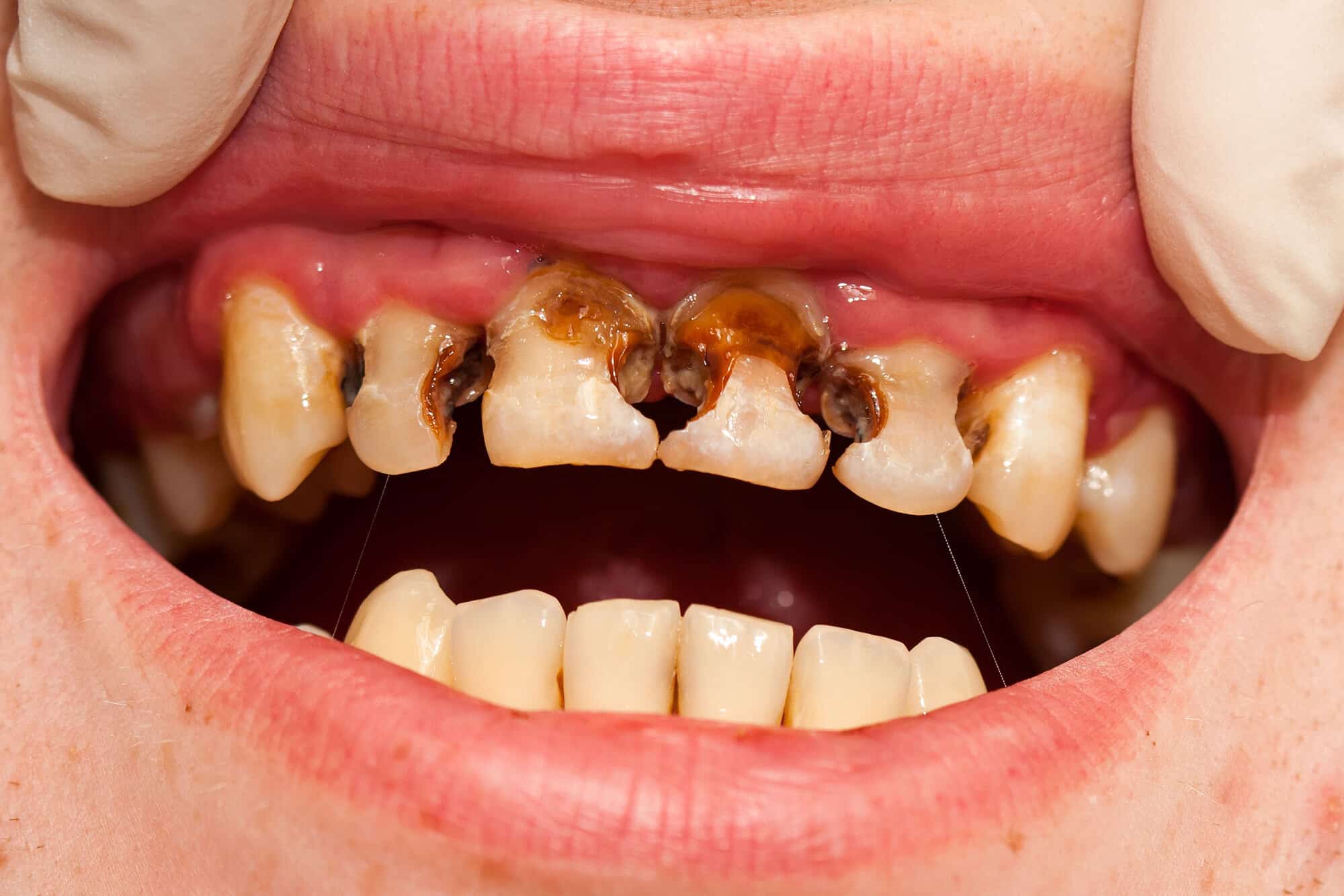When it comes to oral health, we often find ourselves in situations where we need to replace missing teeth. Two common options for tooth replacement are dentures and dental implants. But before you make a decision, you might be wondering, “How much are dentures, and what are dental implants?” In this comprehensive guide, we will delve into the world of dentures and dental implants, exploring their costs, benefits, and considerations to help you make an informed choice for your oral health needs.
Understanding Dentures
Dentures, also known as false teeth, are removable dental appliances designed to replace missing teeth. They have been a go-to solution for tooth replacement for many years, offering both full and partial denture options to suit different patient needs. When considering the cost of dentures, several factors come into play.
- Types of Dentures
Dentures come in two main types: complete dentures and partial dentures.
- Complete Dentures: These are used when all the teeth in either the upper or lower arch are missing. The cost of complete dentures can vary depending on the materials used and the complexity of the design.
- Partial Dentures: Partial dentures are used when only some teeth are missing. Their cost is influenced by the number of missing teeth, the materials, and the design.
- Materials Used
Dentures can be made from various materials, each with its own price point. Common materials include acrylic, porcelain, and metal. Acrylic dentures are often more affordable, while porcelain and metal options tend to be pricier.
- Quality and Fit
The quality and fit of dentures play a significant role in their cost. Custom-made dentures that are meticulously designed to fit your mouth perfectly tend to be more expensive than generic, one-size-fits-all options.
- Denture Maintenance
It’s essential to consider the long-term costs of dentures, including maintenance and repairs. Dentures may require adjustments or replacements over time, adding to the overall expense.
Dental Implants: A Permanent Solution
Now, let’s shift our focus to dental implants. Unlike dentures, dental implants are a permanent solution for replacing missing teeth. They offer many benefits, including improved stability and a more natural appearance. However, they come with a different cost structure.
- Implant Placement
The cost of dental implants starts with the surgical placement of the implant itself. This procedure typically requires oral surgery and can vary in price depending on the complexity of the case.
- Abutment and Crown
Once the implant has fused with the jawbone (a process known as osseointegration), an abutment and crown are attached to the implant to create a natural-looking tooth. These components also contribute to the overall cost of dental implants.
- Materials and Brands
Just like with dentures, the materials used for dental implants can influence the price. High-quality materials and well-known brands may come with a higher price tag but often offer better durability and longevity.
- Number of Implants
The total cost of dental implants depends on the number of teeth you need to replace. A single implant is less expensive than a full arch restoration, which may require multiple implants.
Comparing Costs
Now that we’ve outlined the key factors influencing the cost of dentures and dental implants, let’s make a side-by-side comparison to help you understand the financial aspect better.
- Dentures:
- Type: Complete dentures are more expensive than partial dentures.
- Materials: Acrylic dentures are cost-effective, while porcelain and metal options are pricier.
- Quality and Fit: Custom-made, high-quality dentures are more expensive.
- Maintenance: Dentures require ongoing maintenance, potentially incurring additional costs over time.
- Dental Implants:
- Implant Placement: The surgical procedure can be a significant upfront cost.
- Abutment and Crown: These components add to the overall price.
- Materials and Brands: High-quality materials and well-known brands may come at a premium.
- Number of Implants: The more implants you need, the higher the cost.
It’s essential to note that while dentures have a lower initial cost, dental implants offer long-term value due to their durability and permanence. Dentures may require replacement or adjustments over the years, potentially increasing the overall expenditure.
Insurance Coverage
The cost of both dentures and dental implants may be partially covered by dental insurance, depending on your policy. It’s crucial to review your insurance coverage to understand what benefits are available to you. Some insurance plans may cover a portion of the cost, while others may provide no coverage for these procedures.
Affordability and Financing
If the cost of dentures or dental implants is a concern for you, several options are available to make these treatments more affordable:
- Dental Financing: Many dental clinics offer financing options that allow you to spread the cost over several months or years, making it easier to budget for these procedures.
- Dental Schools: Some dental schools offer reduced-cost dental services, including denture and dental implant placement, as part of their training programs.
- Dental Discount Plans: These plans provide discounts on various dental procedures, helping to reduce the overall cost of treatment.
Factors to Consider
When deciding between dentures and dental implants, it’s essential to consider not only the cost but also other factors that can impact your choice:
- Oral Health: Dental implants promote better oral health by preserving the jawbone, while dentures may contribute to bone loss over time.
- Comfort and Functionality: Dental implants offer greater stability and comfort while eating and speaking. Dentures may take some getting used to.
- Aesthetics: Dental implants provide a natural appearance, as they look and function like real teeth. Dentures may have a more artificial look.
- Durability: Dental implants are a long-lasting solution, while dentures have a finite lifespan.
- Maintenance: Dentures require daily care and periodic adjustments, while dental implants are easier to maintain.
- Timeframe: Dentures can often be fabricated more quickly than dental implants, which may require several months to complete.
- Personal Preference: Your personal preferences and priorities will play a significant role in your decision.
Conclusion
So, how much are dentures, and what are dental implants? The answer is not straightforward, as the cost varies based on several factors. Dentures are generally more affordable initially, but they may incur additional costs over time. Dental implants have a higher upfront cost but offer a permanent and more natural solution for replacing missing teeth.
Ultimately, the decision between dentures and dental implants should consider not only cost but also factors like oral health, comfort, aesthetics, durability, and personal preference. It’s advisable to consult with a dentist or oral surgeon to discuss your specific needs and budget, as they can provide personalized recommendations and guidance to help you make the right choice for your oral health.




